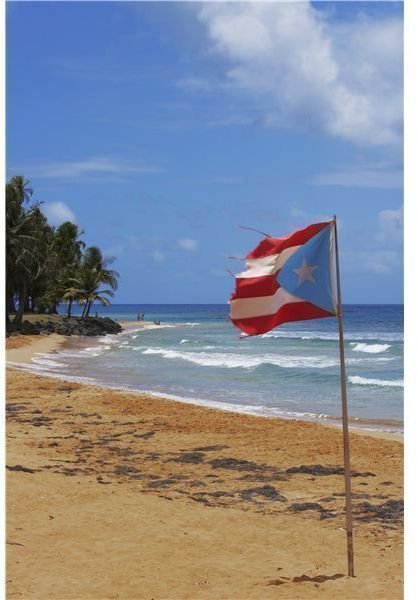Differences Between Spanish Spoken in the Caribbean and the Americas
Spanish In The Caribbean
Officially, the Spanish spoken in the Spanish speaking Caribbean or the Americas is the Spanish typically taught at school. The grammatical structure is the same, so the occasional unusual vocabulary should not scare you. There are of course differences in vocabulary in the various Spanish speaking islands. One word in Puerto Rico may mean something different in Venezuela. Accents are also different.
The reason for the difference between some of the vocabulary of European Spanish and that in the Americas is that there are many words which have been borrowed from the language of the native people. You will find that many of these words reflect features unique to nature, fauna and flora, home and family, food and drink, occupations, religions and society and politics.
Let’s take the word la invierna for example. You have learned that el invierno means winter. It is used to designate the rainy season in the Caribbean, because there is no winter in the Caribbean. By the same token, the word for summer is el verano. In the Spanish speaking islands of the Caribbean, you would hear el verano used to describe the dry season.
Having some of this vocabulary at the tip of your tongue will help you to feel comfortable among the inhabitants, especially when eating in a restaurant or if you are invited to a meal at the home of a friend or acquaintance. Caribbean people eat a lot of wild meat, and if you are adventurous, you may like to try eating some agouti. The Spanish word is spelled only slightly differently.
el agouti-agouti
You probably would like to try some of the local fruits and vegetables of the islands or in the Americas.
la anona -custard apple
la cana-sugar cane
el caimito-star apple
el guineo-banana
la ciruela americana-golden plum
la malanga-eddo
el mazapán-breadfruit
el ócorro-ochro/okra
In respect to occupations and tools, you may hear the word finquero used instead of granjero to describe a farmer.
el finquero-farmer
Someone may use a cutlass to cut open a coconut, and they’ll tell you that it’s a machete.
el machete-cutlass
Countries and Inhabitants
It’s good to know the names of some of the countries, and what the inhabitants are called:
El Caribe - The Caribbean
Las Antillas - The West Indies
A person from the Caribbean is called un caribeño. A West Indian is un antillano(a). A person from Trinidad y Tobago is called un trinitario(a). A creole is un criollo(a).
While you are on your trip, be on the lookout for new words to add to your vocabulary. Practice what you have learnt and feel at home among the islanders.
